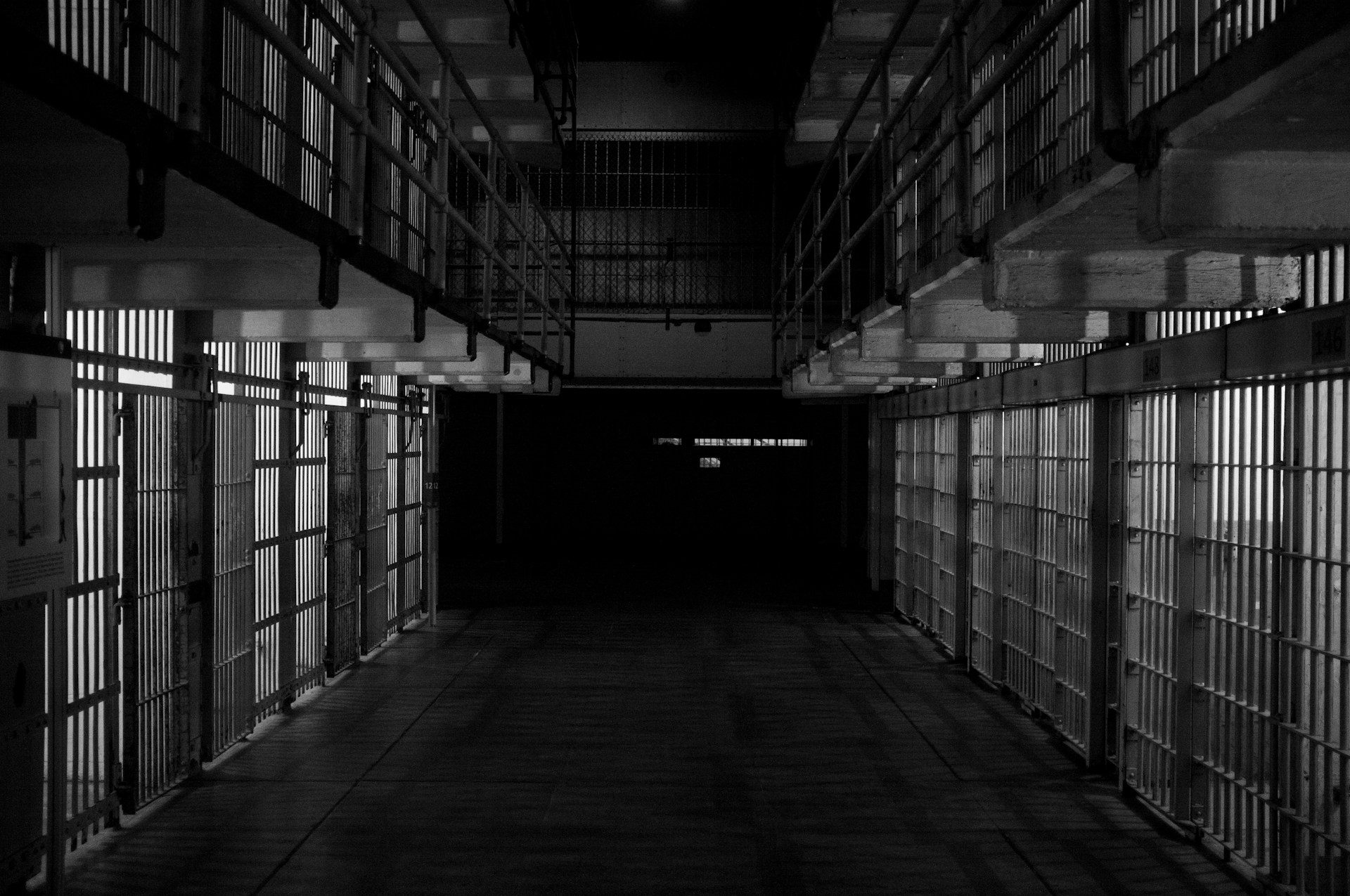
The Belgian prison system, already infamous for being overcrowded, has reached a record high number of 12,012 inmates, while having room for only 10,500.
According to the Flemish nationalist Vlaams Belang party, the explanation for the prisons’ excess population is clearly linked to immigration.
“40% of the prisoners do not even have our nationality,” chairman Tom Van Grieken tweeted this week. “30% [of those] are even here illegally. Let them serve their sentences in their own country. Only through repatriations can one truly solve our prisons’ problem. Full up=full up.”
The figures cited by Van Grieken, which were obtained by Vlaams Belang MP Barbara Pas in March of last year, point to the fact that non-Belgian citizens are significantly overrepresented in the country’s prisons.
According to the government’s own statistics, the top five foreign nationalities of inmates in Belgian prisons are Moroccans (839), Algerians (504), Dutch (403), Albanians (291) and Romanians (251). The figures do not include those who have a dual nationality.
“Unlike a country like the Netherlands,” where those data are being kept in a “systematic fashion,” keeping records of prisoners’ backgrounds “remains largely a taboo in this country,” Pas then decried in an accompanying press release.
Pas believes Belgium should follow Denmark’s example: the country funded a prison in Kosovo where illegal criminals were sent to serve their sentences before being sent back to their country of origin.
In addition, Vlaams Belang then calculated that the total cost, paid by taxes, to keep the prisons running was €738,201,000, €317,426,430 of which would be a cost caused by non-Belgian prisoners.
Given the great expense it involves to keep them, Vlaams Belang—together with the center-right Nieuw-Vlaamse Alliantie (N-VA)—has long been a staunch advocate for repatriations, a call which it reiterated following news that Belgium had broken its own record.
“No wonder we don’t manage to address overcrowding,” Vlaams Belang MP Marijke Dillen said, adding that the solution is “obvious.”
Whoever is in the country illegally “should then be deported,” Dillen suggests:
When someone does not have Belgian nationality and is sentenced to prison, the country of origin must be notified immediately. They must be obliged to take back their nationals. Countries which refuse to do so should no longer receive one cent of [our] developmental aid.
If all foreign detainees were to be deported, the number of prisoners would fall to 7,200, well below capacity. Despite previous efforts by former Justice Minister Koen Geens (Christen-Democratisch en Vlaams, CD&V) to bring the number of detainees down, in recent years the number saw a steady climb again.
The current government—which included Justice Minister Vincent Van Quickenborne (Open Vlaamse Liberalen en Democraten, Open VLD) before his resignation last October—wanted all prison sentences handed down by judges, including those under three years, to be effectively carried out, which of course made prison population numbers swell.
“Those short sentences now create a big problem,” union spokesperson Eddy De Smedt told Het Nieuwsblad.
The new penal code, put into place by the current government in 2023, is based on a ‘points system’ where different crimes are assigned ‘points,’ and aggravating circumstances add ‘points,’ allowing judges to impose harsher sentences. Crimes are categorized into eight groups. Only crimes falling into categories 3 through 8 routinely carry prison sentences, which means a majority of prisoners at the very least have been convicted of theft by force, extortion, or money laundering—or more serious crimes like murder. Aggravating circumstances that would move a crime into a higher category include violence against emergency personnel, train conductors, and bus drivers, with crimes against persons being more harshly punished than property crime.
This means the Belgian prison population is not made up of petty thieves and forgers, but of people convicted of more serious crimes.
Whether the current crisis will persuade the current government to change direction in the sensible manner proposed by Vlaams Belang appears doubtful.
